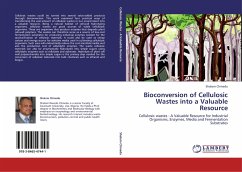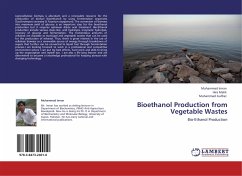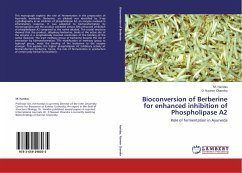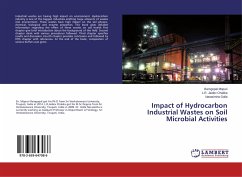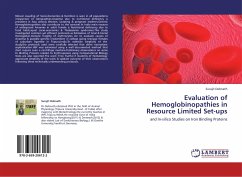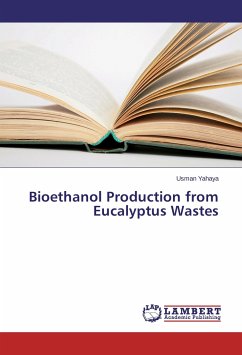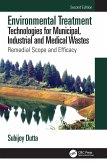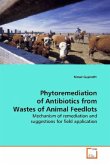Cellulosic wastes could be turned into several value-added products through bioconversion. This work examined four practical ways of transforming the vast amount of cellulosic wastes in our environment into a valuable resource. Being a natural habitat of cell-wall hydrolyzing organisms, cellulosic wastes are good sources of viable cellulolytic organisms. These are organisms that produce enzymes that degrade plant cell-wall polymers. The wastes can therefore serve as a source of low-cost fermentation substrates for producing industrial enzymes needed for the saccharification of cellulosic materials. It could also be used as cheap carbon and energy source for selective media used in cultivating cellulolytic organisms. Such uses will undoubtedly reduce the cost microbial media and also the production cost of cellulolytic enzymes. The waste cellulosic materials can also be enzymatically hydrolyzed into simple sugars using cellulolytic enzymes such as cellulases and xylanases. Hydrolysis of plant cell wall polysaccharides into simple sugars is the primary step needed for the conversion of cellulosic materials into bulk chemicals such as ethanol and biogas.
Bitte wählen Sie Ihr Anliegen aus.
Rechnungen
Retourenschein anfordern
Bestellstatus
Storno

